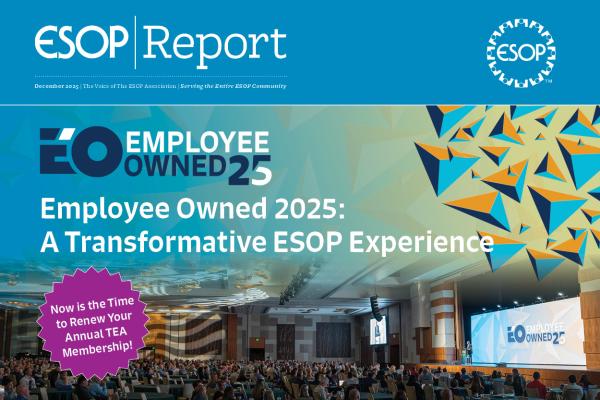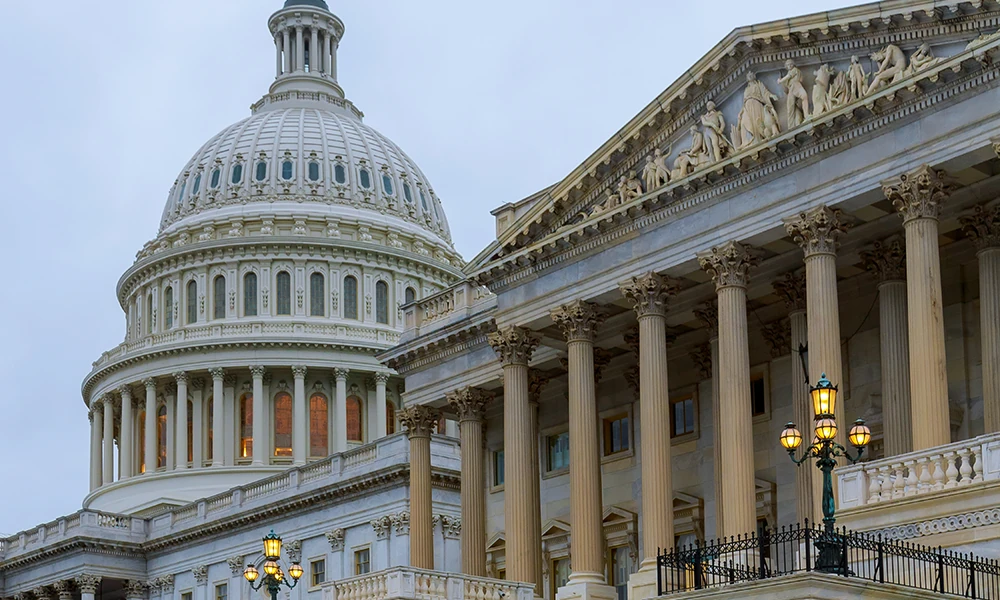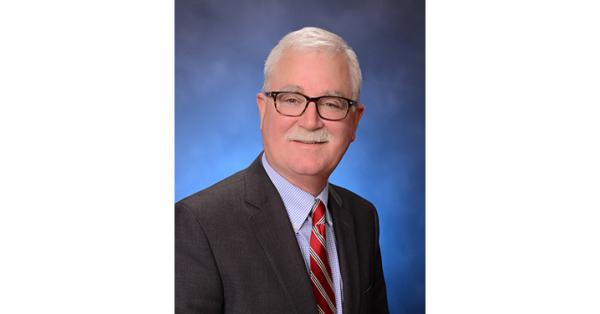The ESOP Association Provides Formal Written Comments to U.S. Department of Labor on Proposed Prohibited Transaction Exemption Rule
Comment Letter Forewarns against Future Use of Proposed New Regs Against ESOPs; Requests the Department hold Public Hearings
WASHINGTON, DC – The ESOP Association (TEA) and Employee Owned S-Corporations of America (ESCA) joined in a joint comment letter to the U.S. Department of Labor on proposed rules governing the filing and processing of prohibited transaction exemption applications.
Although ESOPs rely on a statutory prohibited transaction exemption (“PTE”) and do not typically need to apply for individual PTE relief, the joint comments raise concern that some of the principles in the Department’s Proposed Rule could have negative implications for ESOPs. In particular, TEA and ESCA articulated concern that while the proposed rule does not immediately impact ESOPs, a long history of real-world behavior by DOL regulators raises the specter that the enforcement agency might nevertheless attempt to use the proposed rule by reference as a back-door effort to regulate ESOPs in the future.
Given the importance of this issue and the potential impact the Proposed Rule could have on ESOPs, the letter requests that the U.S. Department of Labor hold public hearings on the rules. The letter also requests clarity on ensuring the rule does not apply to ESOPs, seeks to narrow the scope of key regulatory definitions, and looks to confirm the proposed rule is an action within the regulatory process.
Find the full letter in the resources on the right of this page.
Specifically, the concerns brought forth in the letter include:
- The Proposed Rule may be finalized as written and applied to statutory PTE transactions by underinformed courts or DOL field agents, using the Proposed Rule by way of reference or analogy, to ESOP transactions. The Proposed Rule, if applied to ESOPs, would subject them and their providers to considerably more confusion as to what guiding principles may be imposed upon them and subject ESOPs to further expensive, unnecessary controversy.
- The Proposed Rule may be a harbinger of further DOL guidance that may be issued with respect to ESOPs. TEA and ESCA expressed concerns with augmented definitions in the Proposed Rule – specifically with respect to a “qualified independent appraiser” and a “qualified independent fiduciary” – that apply seemingly arbitrary and unworkable standards that may only serve to drive professional and qualified practitioners out of the community.
- The Proposed Rule appears to raise the standards for those seeking an individual PTE from those otherwise required by ERISA. Indemnification is specifically permitted by statute. However, the revised guidance indicates it should not be part of an engagement if an individual PTE is to be issued.
- The regulatory process seems to be circumvented by the revisions included in the Proposed Rule. Statutory PTEs should not face an environment where such transaction may have to meet inapplicable standards as such may be applied by an inexperienced arbiter (e.g., court or DOL field age).
# # #
About the ESOP Association
The ESOP Association is the largest organization in the world supporting employee-owned companies, the more than 10 million U.S. employees who participate in an ESOP, and the professionals who provide services to them. Headquartered at the International Employee Ownership Center in Washington, DC and operating as a 501(c)6 organization with the affiliated Employee Ownership Foundation, The ESOP Association conducts and funds academic research, provides more than 160 annual conferences and events attended by nearly 15,000 individuals, and advocates on behalf of employee owners and their businesses to federal and state lawmakers.
Press Contact:
Paul Pflieger
media@esopassociation.org
202-293-2971







